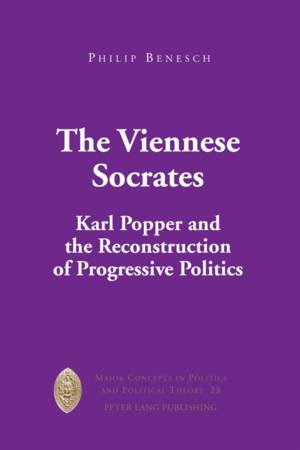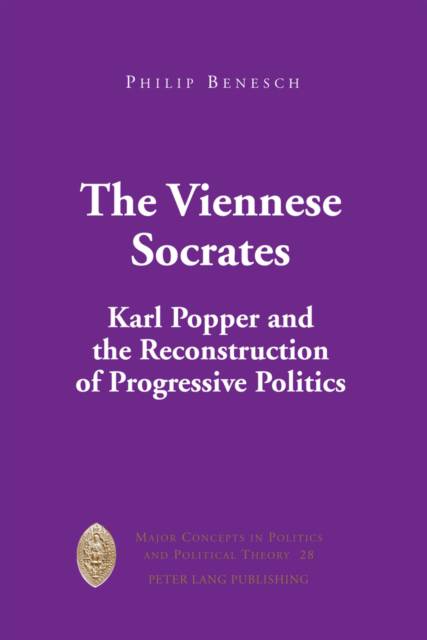
- Afhalen na 1 uur in een winkel met voorraad
- Gratis thuislevering in België vanaf € 30
- Ruim aanbod met 7 miljoen producten
- Afhalen na 1 uur in een winkel met voorraad
- Gratis thuislevering in België vanaf € 30
- Ruim aanbod met 7 miljoen producten
Zoeken
€ 179,45
+ 358 punten
Omschrijving
The Viennese Socrates: Karl Popper and the Reconstruction of Progressive Politics examines Karl Popper's attempt to develop a political theory that draws upon Socratic fallibilism and commitment to ethical autonomy while preserving progressive sociological insights and commitment to activism. Philip Benesch argues that Popper's critique of Marxist theory is largely an endeavor to separate its progressive-activist core from its positivist and uncritical-rationalist entanglements. The author defends Popper against the charges of positivism and scientism leveled by the Frankfurt School, among others. Although he is in no sense an apologist for Popper's commentary on the classical tradition of philosophy, Benesch contends that Popper's philosophical contribution is of classical breadth and significance and that it continues and advances the great conversation that is the substance of the classical tradition.
Specificaties
Betrokkenen
- Auteur(s):
- Uitgeverij:
Inhoud
- Aantal bladzijden:
- 284
- Taal:
- Engels
- Reeks:
- Reeksnummer:
- nr. 28
Eigenschappen
- Productcode (EAN):
- 9781433105562
- Verschijningsdatum:
- 13/03/2012
- Uitvoering:
- Hardcover
- Formaat:
- Genaaid
- Afmetingen:
- 152 mm x 229 mm
- Gewicht:
- 562 g

Alleen bij Standaard Boekhandel
+ 358 punten op je klantenkaart van Standaard Boekhandel
Beoordelingen
We publiceren alleen reviews die voldoen aan de voorwaarden voor reviews. Bekijk onze voorwaarden voor reviews.











